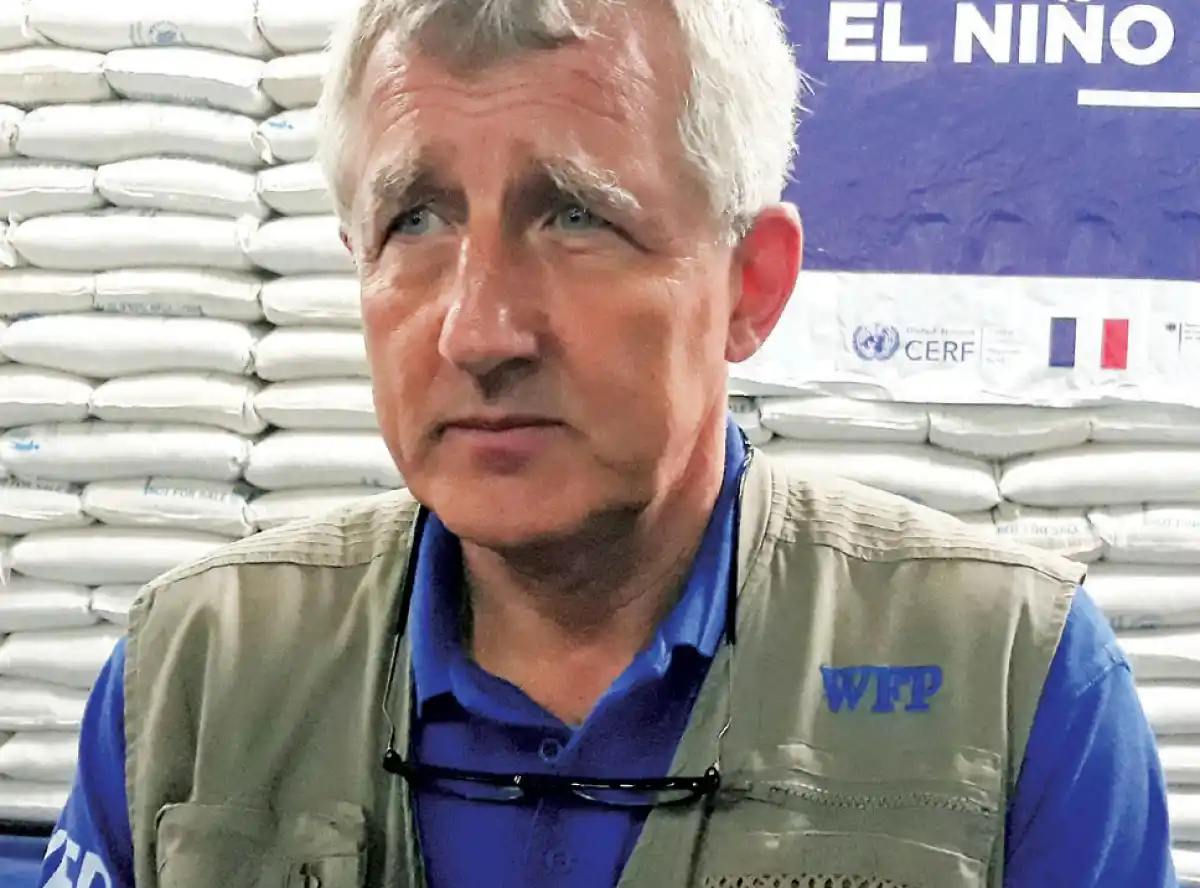
Commissioner of the Department of Disaster Management Affairs (Dodma), Charles Kalemba, has reiterated that Malawi needs to move from dependence on rain-fed agriculture to irrigation.
He was speaking in Blantyre Wednesday during a press briefing organised by the World Food Programme (WFP) at the United Nations (UN) agency’s warehouse regarding its hunger response initiative.
“I call upon other stakeholders to assist us in building systems for sustainability. We need to move away from depending on rain-fed agriculture and graduate to irrigation systems, such as those powered by solar energy,” Kalemba said.
He also suggested reducing cash transfers for maize, arguing that such transfers could result in inflation due to food deficits.
Kalemba added that Dodma has observed a different situation on the ground compared to the earlier estimates of vulnerable people made during the initial assessment of the El Niño response.
“We have been on the ground, and the number of vulnerable people continues to increase. We earmarked 4.2 million people to receive food aid.
“However, we have started early in some parts of the country that were originally earmarked for October to March due to the situation on the ground,” Kalemba said.
With the funding it has received, WFP has so far secured 33,000 metric tonnes (MT) of maize and 317MT of Super Cereal Plus from Tanzania and South Africa.
WFP Country Director Paul Turnbull said that this is part of the UN agency’s $38.5 million response.
“We are still receiving maize from Tanzania and South Africa. Our agency is assisting Dodma in distributing the maize to Blantyre, Mwanza, and Neno,” he said.
Siri Frette Allsted, Deputy Head of Mission at the Norwegian Embassy, which is one of WFP’s donors, acknowledged the food crisis Malawi is experiencing.
“This is devastating because 80 percent of Malawians depend on what they harvest. Our mission is to stand with everyone,” Allsted said.
El Niño-induced dry spells devastated food production, with 44 percent of crops damaged, leaving 5.7 million people in Malawi facing severe hunger in the coming months, as the lean season continues through to March next year.






0 Comments